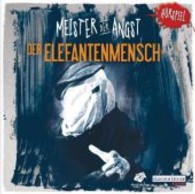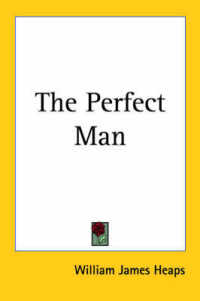- ホーム
- > 洋書
- > 英文書
- > Philosophy
Full Description
The essays in this volume explore the nature of time, our God-given medium of ascent, known, as Augustine puts it, through the ordered study of the "liberal disciplines that carry the mind to the divine (disciplinae liberales intellectum efferunt ad divina)": grammar and dialectic, for example, to promote thinking; geometry and astronomy to grasp the dimensions of our reality; music, an invisible substance like time itself, as an exemplary bridge to the unseen substance of thoughts, ideas, and the nature of God (theology). This ascending course of study rests on procedure, progress, and attainment — on before, following, and afterwards — whose goal is an ascending erudition that lets us finally contemplate, as Augustine says in De ordine, our invisible medium — time — within time itself: time is immaterial, but experienced as substantial. The essays here look at projects that chronicle time "from the beginning," that clarify ideas of creation "in time" and "simultaneous times," and the interrelationships between measured time and eternity, including "no-time." Essays also examine time as revealed in social and political contexts, as told by clocks, as notated in music and embodied in memorializing stone. In the final essays of this volume, time is understood as the subject and medium of consciousness. As Adrian Bardon says, "time is not so much a 'what' as a 'how'": a solution to "organizing experience and modeling events."
Contributors are (in order within the volume) Jesse W. Torgerson, Ken A. Grant, Danielle B. Joyner, Nancy van Deusen, Peter Casarella, Aaron Canty, Jordan Kirk, Vera von der Osten-Sacken, Gerhard Jaritz, Jason Aleksander, Sara E. Melzer, Mark Howard, Andrew Eschelbacher, Hans J. Rindisbacher, James F. Knapp, Peggy A. Knapp, Raymond Knapp, Michael Cole, Ike Kamphof and Leonard Michael Koff.
Contents
Contents
List of Figures vii
List of Abbreviations ix
List of Contributors xi
Introduction 1
1 Time and Again: Early Medieval Chronography and the Recurring Holy
First-Created Day of George Synkellos 18
Jesse W. Torgerson
2 Registering Rome: The Eternal City Through the Eyes of Pope
Gregory vii 58
Ken A. Grant
3 Building Block of Times, Knowledge and Wisdom in the Hortus
deliciarum 78
Danielle B. Joyner
4 Simultaneous Times: Synderesis and its Musical Exemplification 112
Nancy van Deusen
5 Trinity, Simultaneity, and the Music of Creation in St. Bonaventure 141
Peter Casarella
6 Hugh of St. Cher and Thomas Aquinas: Time and the Interpretation of
the Psalms 160
Aaron Canty
7 Walter Burley on the Time of Unknowing 177
Jordan Kirk
8 Theological and Social Time: The Case of the Beguines 201
Vera von der Osten-Sacken
9 Medieval Mechanical Clocks 212
Gerhard Jaritz
10 Providence, Temporal Authority, and the Illustrious Vernacular in
Dante's Political Philosophy 231
Jason Aleksander
11 Time, Myth and the Quarrel between the Ancients and the Moderns:
Racine and Fontenelle 261
Sara E. Melzer
12 Time and Space as Manipulated Materials in Rameau's Les
Cyclopes 284
Mark Howard
13 Resisting Death's Finality: Jules Dalou's Blanqui Tomb and the
Dialectics of Memorialization 299
Andrew Eschelbacher
14 End of Story: Closed Form and Open Time 314
Hans J. Rindisbacher
15 Time and the Self in Virginia Woolf and Richard Powers 331
James F. Knapp and Peggy A. Knapp
16 Temporality and Control in Sondheim's Middle Period: From
Company to Sunday in the Park with George 352
Raymond Knapp
17 Remembering the Future 375
Michael Cole
18 "Real Time". On the Whereabouts of Time in New Media: The Case of
Webcams 388
Ike Kamphof
19 No-Time in Non-Places 411
Leonard Michael Koff
Index 457








